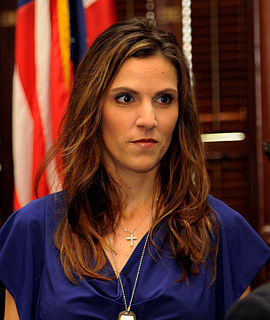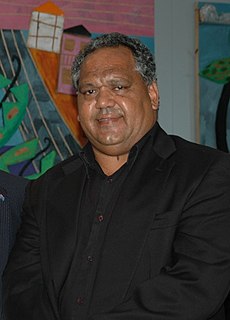A Quote by James Comey
For me, law school was a time of joy and hope. Joy in learning my way around the law - learning how to orbit a problem and to ask myself hard questions and to be asked hard questions. Hope that I could be of some use, to be part of the greater good - to make the world a little bit better.
Related Quotes
I'm calm," Rachel insisted. "Every time I'm around you, some monsters attack us. What's to be nervous about?" "Look," I said. "I'm sorry about the band room. I hope they didn't kick you our or anything." "Nah. They asked me a lot of questions about you. I played dumb." "Was it hard?" Annabeth asked.
On the very last day of shooting [of The Last King of Scotlang], I remember wanting to get the [Idi Amin] character out of me right away, as much as I could. You literally take a bath to wash him off you. Luckily, I went into another part not so long afterwards, so I was kind of able to push it away a little bit. But speech patterns, and little sounds, particularly colloquial things, like the way you ask questions or might respond, were sticking with me, probably because I'd worked so hard to make it a part of my everyday way of expressing myself.
Living without expectations is hard but, when you can do it, good. Living without hope is harder, and that is bad. You have got to have hope, and you must'nt shirk it. Love, after all, hopeth all things. But maybe you must learn, and it is hard learning, not to hope out loud, especially for other people. You must not let your hope turn into expectation.
I would like to ask you all to see a ray of hope as well in the eyes and hearts of refugees and of those who have been forcibly displaced. A hope that is expressed in expectations for the future, in the desire for friendship, in the wish to participate in the host society also through learning the language, access to employment and the education of children. I admire the courage of those who hope to be able gradually to resume a normal life, waiting for joy and love to return to brighten their existence. We can and must all nourish this hope!
It is time to ask: are we Aborigines a serious people? … Do we have the seriousness necessary to maintain our languages, traditions and knowledge? … The truth is that I am prone to bouts of doubt and sadness around these questions. But I have hope. Our hope is dependent upon education. Our hope depends on how serious we become about the education of our people.
The third component of the Law of Dharma is service to humanity--to serve your fellow human beings and to ask yourself the questions,"How can I help? How can I help all those that I come into contact with?" When you combine the ability to express your unique talent with service to humanity, then you make full use of the Law of Dharma.
The college kids should think hard about what they're doing. If you have a great idea for a company, there's no right time to start it, and it's often better to start it sooner rather than later. I went to Stanford undergrad and Stanford Law School, and if I had to do it over again, I might still do those things, but I wish I had asked the type of questions like, why I was doing it, was it just for the status and prestige, or was it because I was really interested in the substance of it.




































